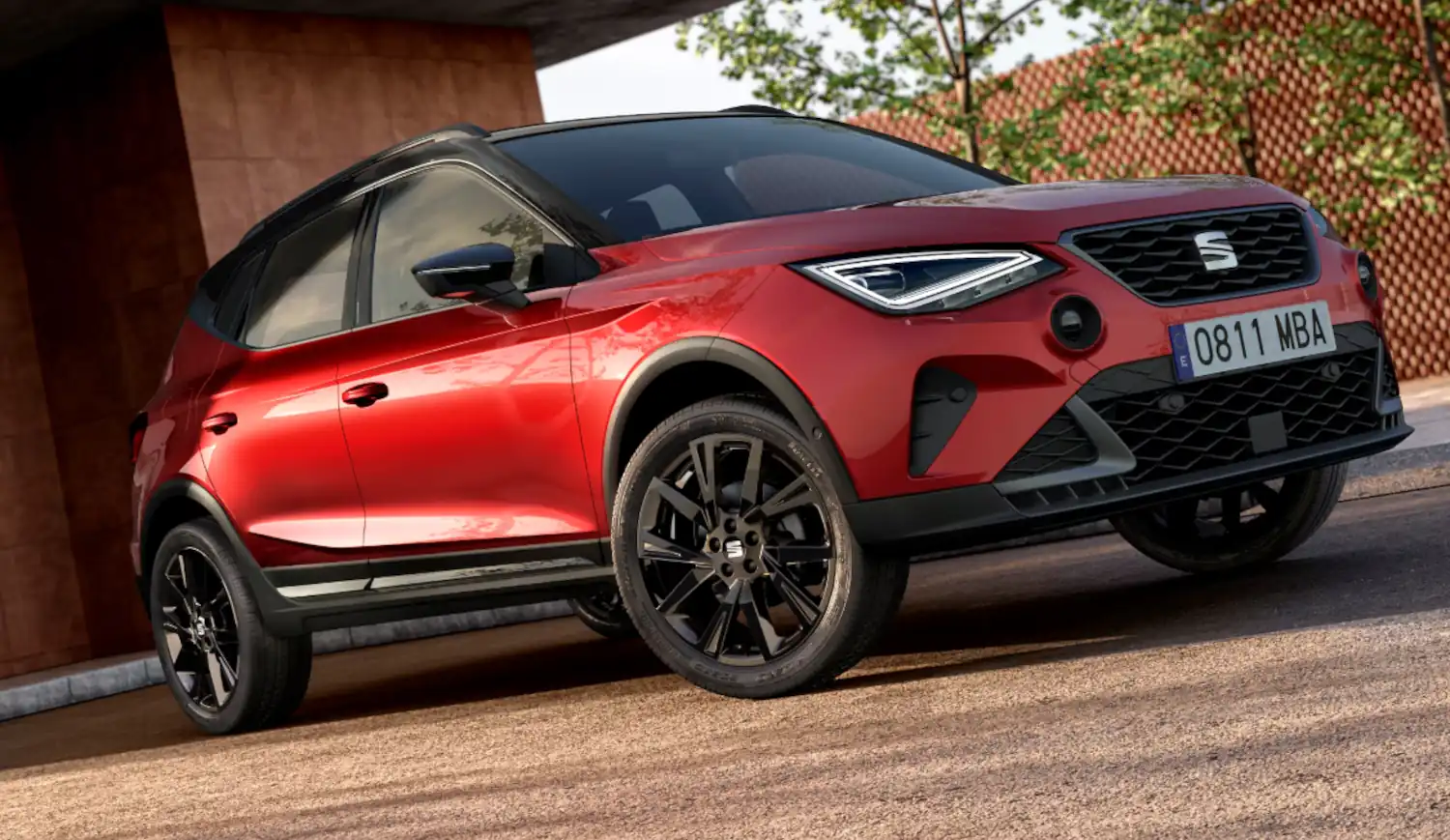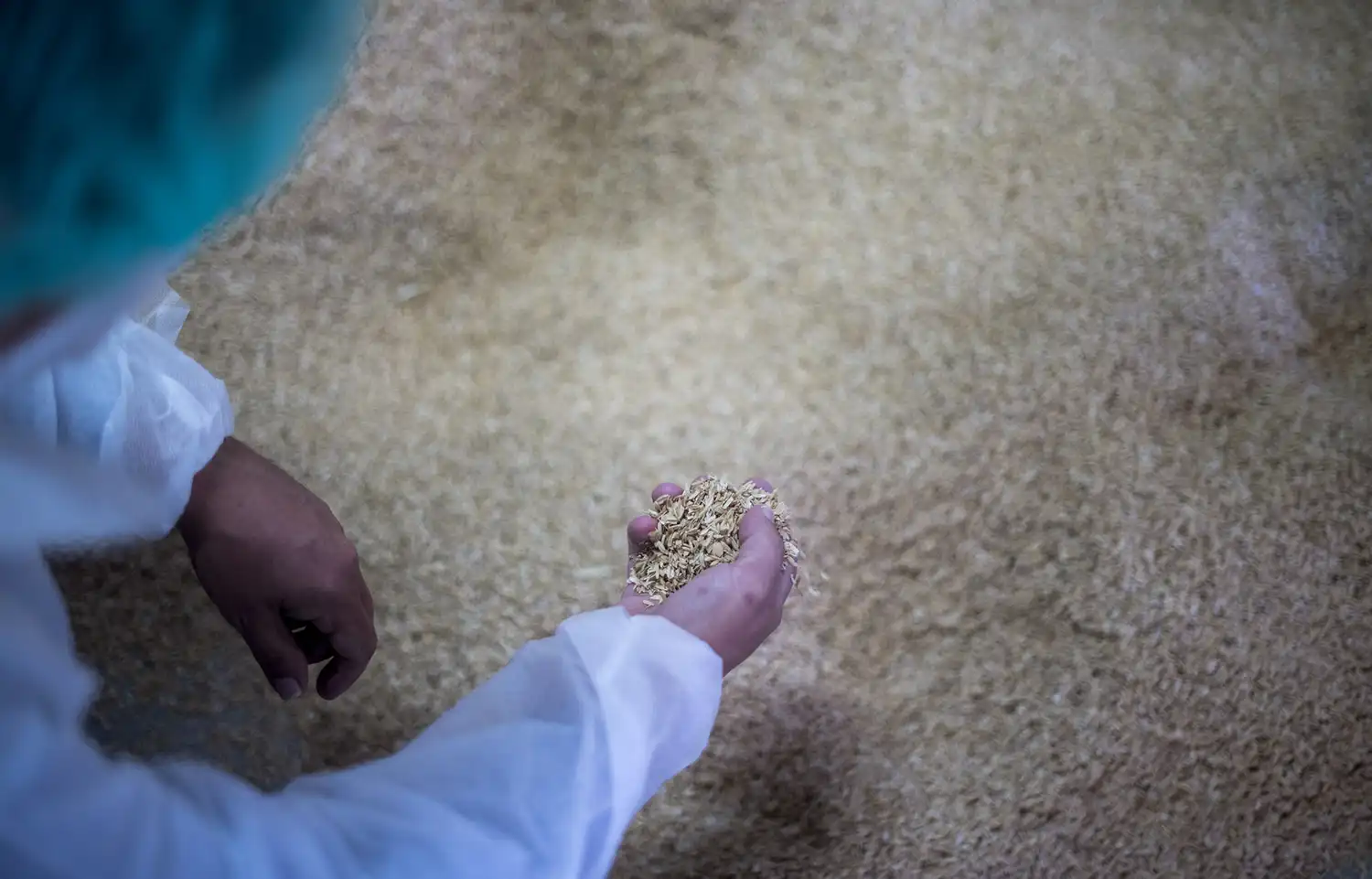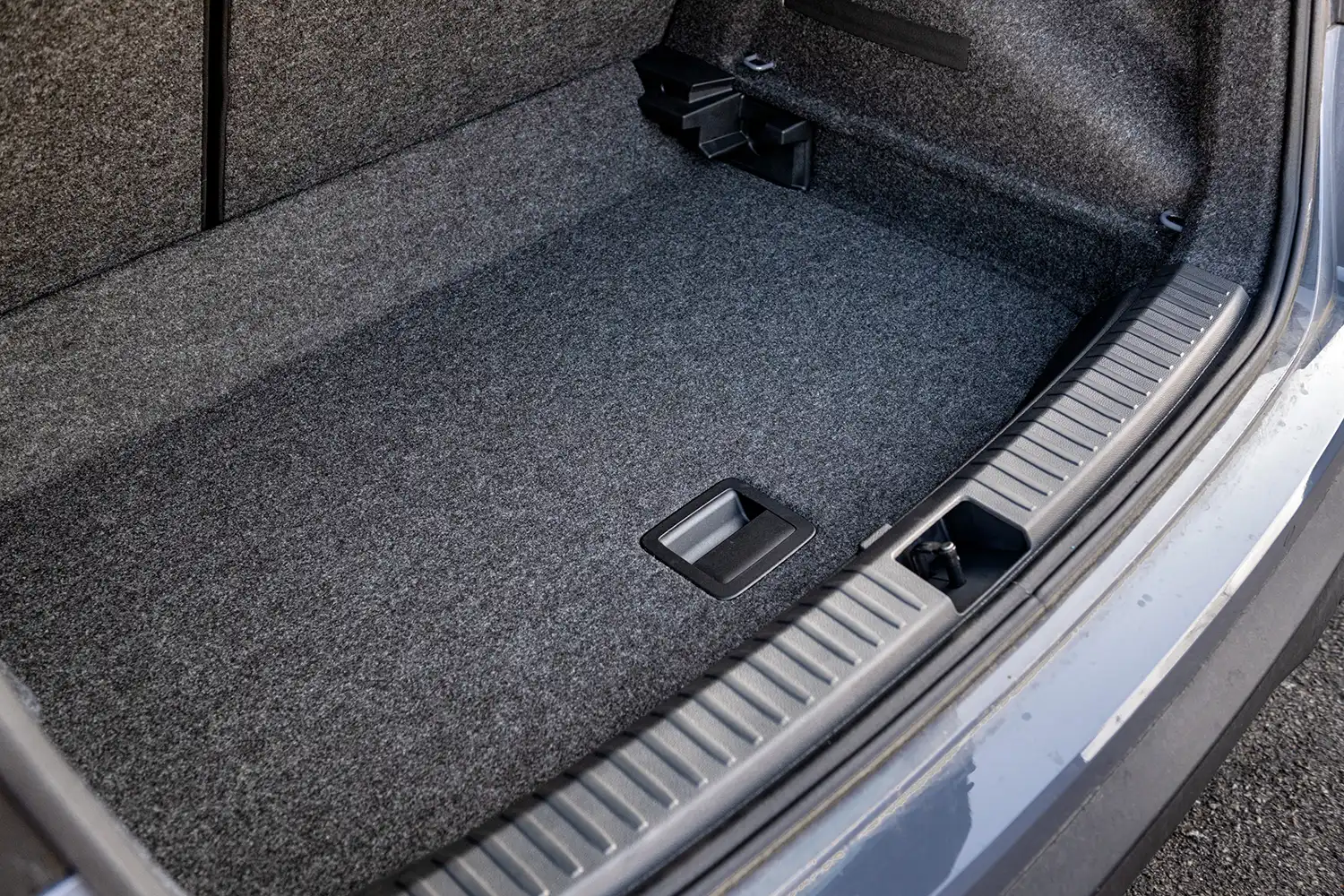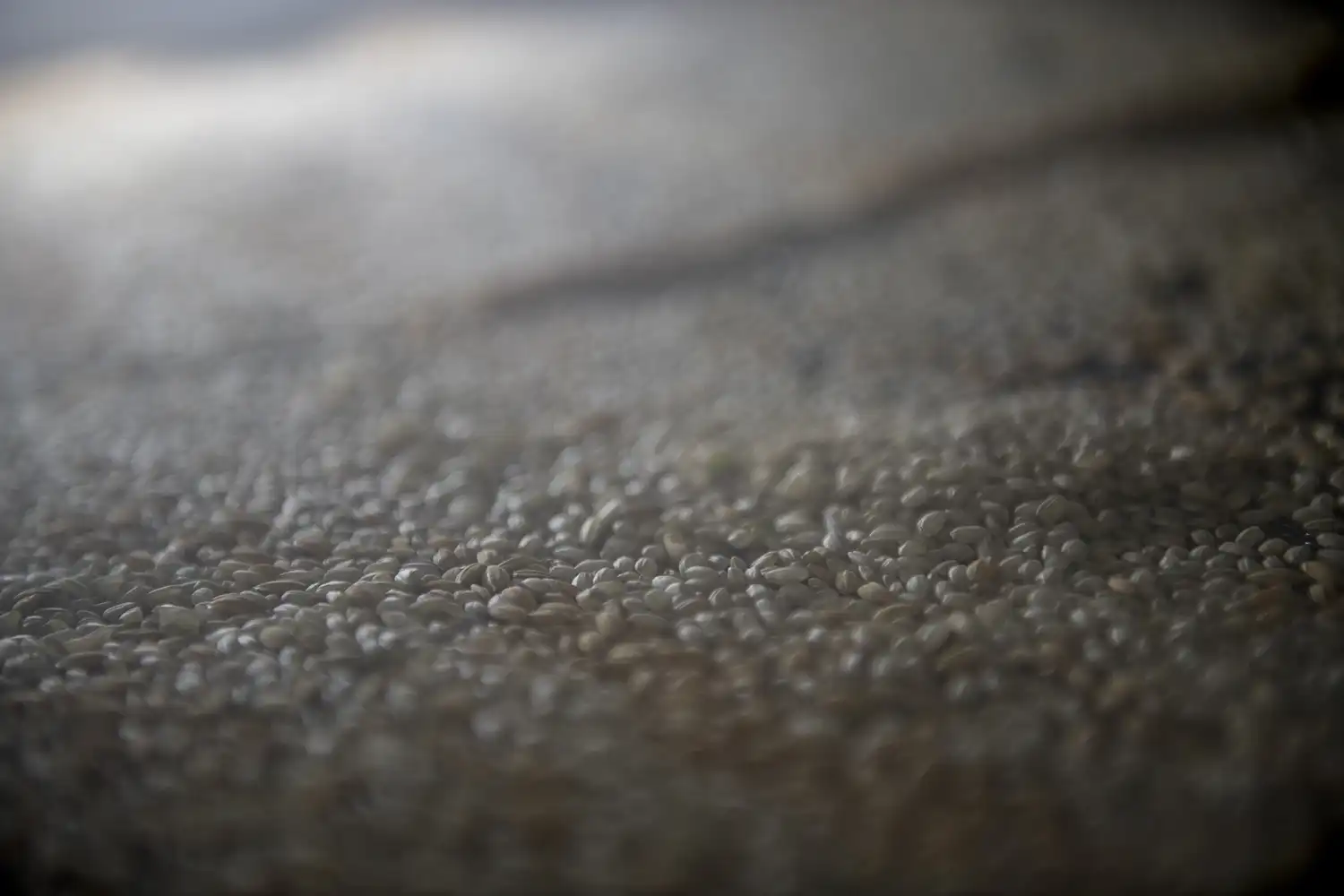
A Sustainable Step Forward: SEAT has achieved a significant milestone in automotive sustainability by becoming the first car manufacturer to integrate parts made from Oryzite into a production model. The SEAT Arona, a popular urban SUV, now features two double-floor support components in its boot that incorporate this innovative, renewable, and natural-based material. Oryzite is produced from rice by-products, specifically the husks that remain after harvesting the grain. This initiative marks the culmination of a pilot project that began in 2020 during the company’s Innovation Days, demonstrating SEAT’s commitment to reducing its reliance on petroleum-based materials.
From Waste to Value: This pioneering project represents a practical application of the circular economy. Instead of being discarded in landfills, the husks from rice fields in the Ebro Delta, a UNESCO biosphere reserve on Spain’s east coast, are now being repurposed. According to Gerard Suriol, Interior Development at the SEAT S.A. Technical Centre, each SEAT Arona currently utilizes 60 grams of rice husks in these support parts. This translates to an annual consumption of up to 5 tonnes of this agricultural by-product, effectively giving value to what was once considered waste.
Oryzite: A Bio-Based Alternative: The double-floor support parts in the SEAT Arona’s boot, which were previously made entirely of polypropylene and fibreglass, now contain 15% Oryzite. This bio-based material serves as a sustainable alternative to traditional plastics. Gerard Suriol emphasizes the dual benefits of this integration, stating, “We’ve successfully managed to incorporate this renewable material and encourage the circular economy, while reducing the use of petroleum-based products.”

Beyond Sustainability: Weight and Cost Reduction: The advantages of using Oryzite extend beyond environmental considerations. The integration of this rice husk-based material has resulted in a 5.8% reduction in the weight of the affected parts. Furthermore, it has also led to a decrease in the cost of production by up to 2%. This demonstrates that sustainable practices can also be economically viable for automotive manufacturing.
A Carbon Sink with Sectoral Links: Oryzite is not only a renewable resource but also acts as an effective carbon sink, contributing to the reduction of overall emissions. This innovative application also forges a valuable link between the primary agricultural sector and the industrial manufacturing sector, creating new avenues for collaboration and sustainable resource management. The SEAT Arona’s use of Oryzite exemplifies how agricultural by-products can be transformed into high-value materials for industrial applications, promoting both environmental and economic benefits.
Summary:
- SEAT Arona is the first car to include parts made from rice husks (Oryzite).
- Oryzite is a renewable and natural-based material from rice by-products.
- Each Arona uses 60 grams of rice husks, totaling 5 tonnes annually.
- This initiative promotes circular economy and reduces petroleum product use.
- The Oryzite-containing parts are 5.8% lighter and 2% cheaper to produce.
- Oryzite acts as a carbon sink, reducing emissions.
- The project links the agricultural and industrial sectors.
Disclaimer: This article reports on SEAT’s innovative use of rice husks in the Arona. No performance or engine specifications are directly related to this material innovation.

